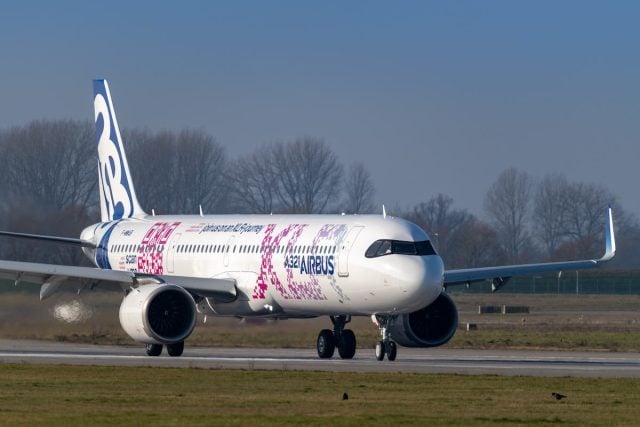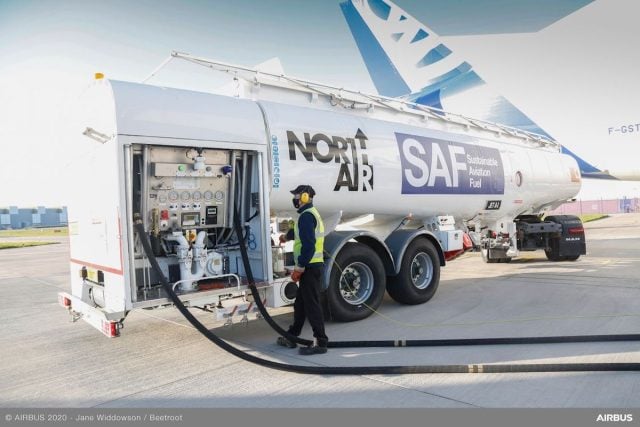Airbus Projects 1460 New Aircraft Deliveries to Africa Over the Next 20 Years
Africa’s Aircraft Deliveries: 83% Single Aisle, 17% Widebody Forecasted

Airbus Global Market Forecast 2024 (GMF) forecasts that Africa will receive 1,460 new aircraft deliveries between 2024 and 2043.
According to the latest GMF, approximately 83% of these deliveries will be typically single-aisle aircraft (A320 family).
This is an increase from the 2023 GMF, which projected that approximately 75% of these deliveries would be single-aisle.
The remaining 17% will be typically widebody aircraft (A350, A330neo), marking a decline from the previous 25% forecast.
Global Demand
Globally, Airbus forecasts a total of 42,430 new passenger and freighter aircraft deliveries between 2024 and 2043.
This includes 33,510 single-aisle aircraft (about 80% of total new deliveries) and 8,920 widebody aircraft (including 940 new-built freighters), representing about 20% of total new deliveries.
The GMF reports that the world freighter fleet in service will reach 3,360 aircraft by 2043.
Decarbonising Aviation
Airbus’ GMF 2024 highlights a multi-pronged approach to decarbonising aviation, aligning with ATAG’s ambitious goals. This includes:
Latest Generation Aircraft: Upgrading to new Airbus models like the A350F (first next-gen freighter) can cut CO2 emissions by 25% (only 30% of the global fleet is new generation).
Operational efficiency: Optimising flights and ground operations can yield a further 10% improvement.

Sustainable Aviation Fuels (SAF): Airbus aircraft are already SAF-compatible (up to 50% blend now, 100% by 2030), but industry-wide efforts are needed to increase availability.
Disruptive technologies: Hydrogen-powered aircraft are a long-term goal (2035 target), with hydrogen explored for turbines, electric motors, and even eSAF production.
Carbon offsetting & capture: Airbus supports both regulatory frameworks (e.g., EU ETS) and voluntary carbon removal measures (DACCS) for future inclusion in regulations.